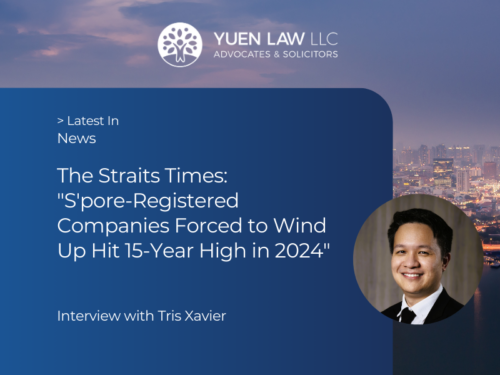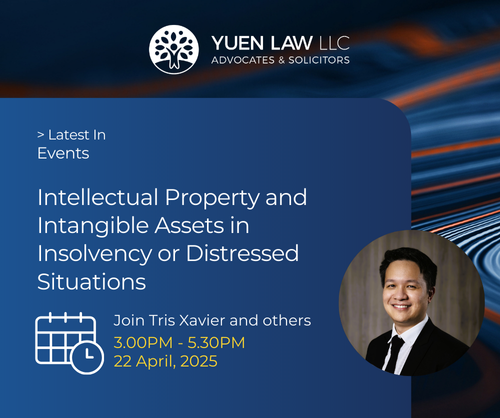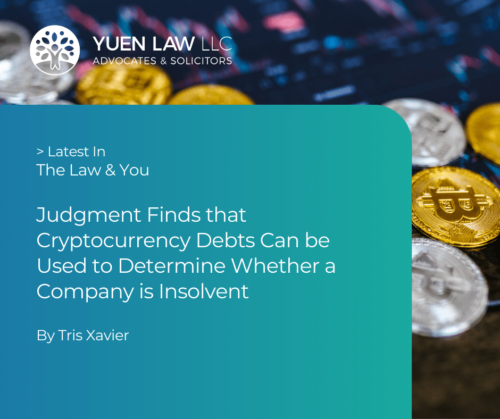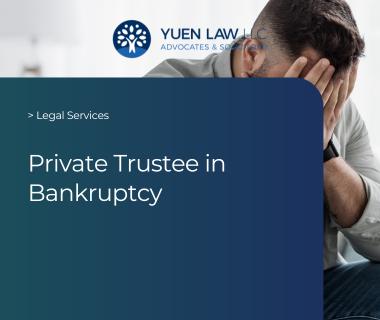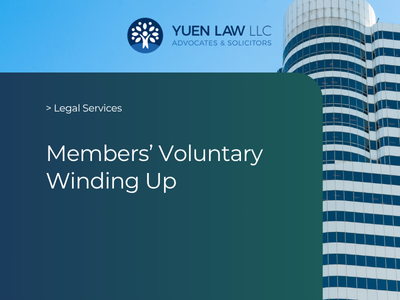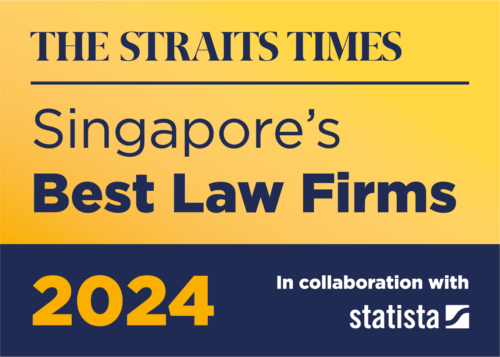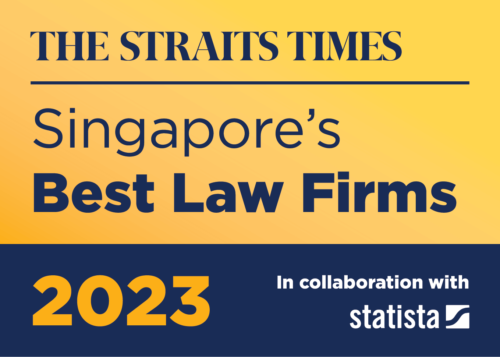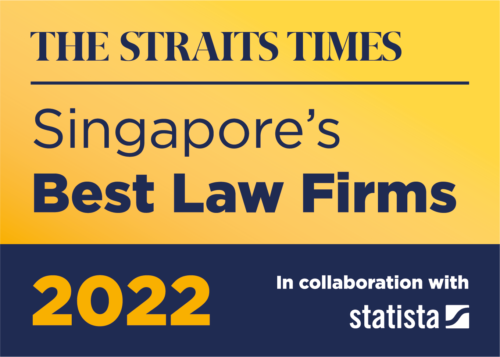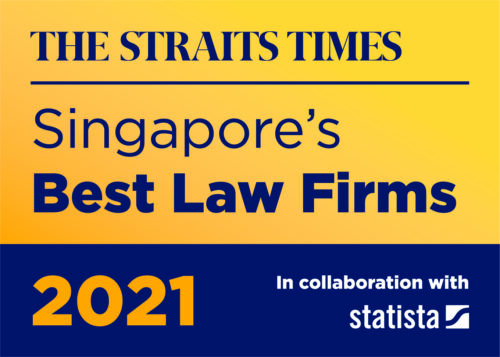
Winding Up a Company in Singapore
In today’s commercially volatile world, businesses may find themselves facing financial hardship or insolvency due to myriad factors affecting their ability to repay debts or monies owed.
What is Insolvency?
Insolvency is defined as a state or status where a company is unable to pay its debts as they become due, or its liabilities exceed its assets. This affects both the company facing the hardship, as well as its creditors. Creditors may seek to recover their debts or enforce security on debts owed.
Yuen Law’s insolvency lawyers possess in-depth understanding of Singapore’s Insolvency, Restructuring and Dissolution Act, the Companies Act in Singapore and practices. We handle a wide range of cases including insolvency litigation, bankruptcy, debt restructuring and liquidation. Should things come to a stage where a company faces voluntary or compulsory winding up, our lawyers can help parties navigate the procedures and statutory requirements, working closely with liquidators every step of the way. Our experienced insolvency lawyers ensure that our client’s interests are represented at creditors’ meetings, and that their rights are protected throughout the winding-up proceeding. Our commitment is to secure the best possible value for our clients.
Note: Corporate insolvency differs from bankruptcy, which is the legal process that applies to individuals and partnerships in Singapore that are unable to repay their debts.
What is Winding Up?
Winding up is commonly known as liquidation.
Both refer to the crucial process of selling off a company’s assets and distributing the proceeds to creditors to settle its debts. Any monies remaining after all debts, expenses and costs have been paid off are distributed among the company’s shareholders by the appointed liquidators.
Liquidation is part of the winding up process. Once liquidation is complete, the company will be dissolved and cease to exist.
Is Winding Up or Liquidation Compulsory When a Company Becomes Insolvent?
In 2020, the Insolvency, Restructuring and Dissolution Act came into force. The Act is an omnibus legislation that consolidates Singapore’s personal and corporate insolvency and debt restructuring laws into a single piece of legislation and updates relevant laws to be aligned with international practices. The Act ensures that there is a just distribution of the company’s assets among creditors and contributors.
Not all companies must be wound up after becoming insolvent. Some companies may be facing temporary financial hardship, internal issues or suffer short-term impacts due to global economic developments, in which case debt restructuring may help improve cash flow and the possibility of business recovery.
Debt restructuring involves renegotiating the terms of a company’s debt, and entering into a scheme of arrangement with its creditors to make it’s financial commitments more manageable. This can include extending the repayment period, reducing interest rates, or converting debt into equity. A scheme of arrangement is subject to the Court’s approval and supervision. Successful debt restructuring allows the company time for financial rehabilitation and continue its operations without winding up.
However, in other situations, a company’s feasibility of recovery may be deemed low. In such cases, its existence can be terminated by its eventual dissolution.
Types of Company Winding Up
A company can be wound up in one of these ways:-
- Voluntary Winding Up:
- Members Voluntary Winding Up: The company’s shareholders vote to wind down a solvent business, meaning it is able to pay of any debts in full within 12 months.
- Creditors’ Voluntary Winding Up: The company’s creditors meet and agree at a creditors’ meeting to wind up an insolvent company and appoint a liquidator.
- Involuntary or Compulsory Winding Up: A company is forced to wind up if the company is unable to pay its debts. The company’s creditors, shareholders, liquidator, judicial manager may make a winding up application to the High Court.
What are the Common Reasons for Winding Up a Company?
The most common winding up applications we encounter involve companies facing insolvency, or an inability to pay its debts. However, there are various other reasons that may lead to a company winding up, such as:
- A company having no members.
- A company having ceased its business activities.
- Management deadlock.
- Oppression – shareholders dispute under section 216 of the Companies Act (Cap. 50).
- Corporate or financial restructuring of the group to which the company belongs.
- Breach of statutory provisions, including offences committed.
- The Court finds that it is just and equitable to be wound up.
Parties that Yuen Law Can Represent
Yuen Law provides comprehensive representation for a wide range of clients involved in restructuring and insolvency matters. We assist companies, shareholders, creditors, liquidators, judicial managers, receivers, and managers in navigating both court proceedings and private negotiations.
Whether you’re a creditor, shareholder, or other interested party, our firm is equipped to help you initiate winding-up applications or guide you through voluntary liquidations.
Our dedicated team of insolvency and restructuring lawyers led by Tris Xavier has the expertise to manage the winding-up process efficiently. Contact us to schedule a consultation and discuss your specific insolvency needs. Yuen Law is committed to delivering practical solutions that maximize recovery for our clients.

